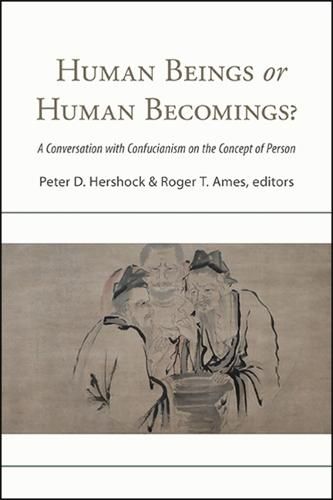Great transformations are reshaping human life, social institutions, and the world around us, raising profound questions about our fundamental values. We now have the knowledge and the technical expertise, for instance, to realize a world in which no child needs to go to bed hungry-and yet, hunger persists. And although the causes of planetary climate disruption are well known, action of the scale and resolution needed to address it remain elusive. In order to deepen our understanding of these transformations and the ethical responses they demand, considering how they are seen from different civilizational perspectives is imperative.Acknowledging the rise of China both geopolitically and culturally, the essays in this volume enter into critical and yet appreciative conversations with East Asian philosophical traditions-primarily Confucianism, but also Buddhism and Daoism-drawing on their conceptual resources to understand what it means to be human as irreducibly relational. The opening chapters establish a framework for seeing the resolution of global predicaments, such as persistent hunger and climate disruption, as relational challenges that cannot be addressed from within the horizons of any ethics committed to taking the individual as the basic unit of moral analysis. Subsequent chapters turn to Confucian traditions as resources for addressing these challenges, reimagining personhood as a process of responsive, humane becoming and envisioning ethics as a necessarily historical and yet open-ended process of relational refinement and evolving values.
Read More





